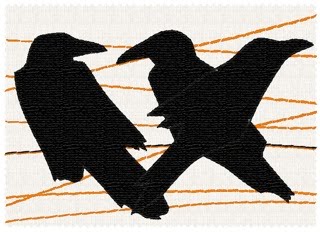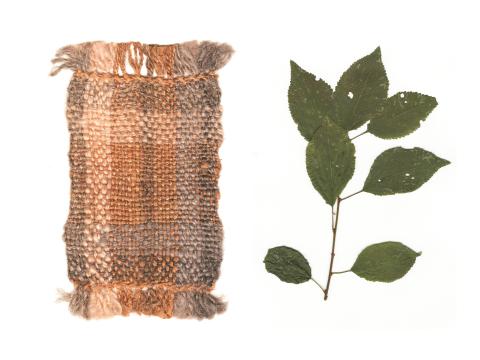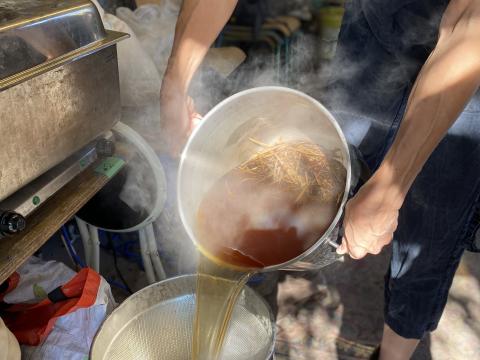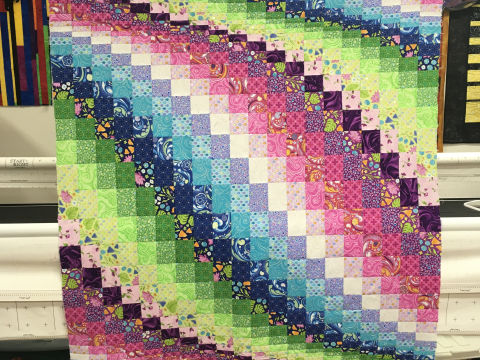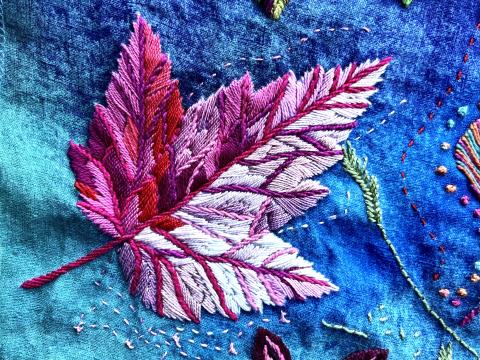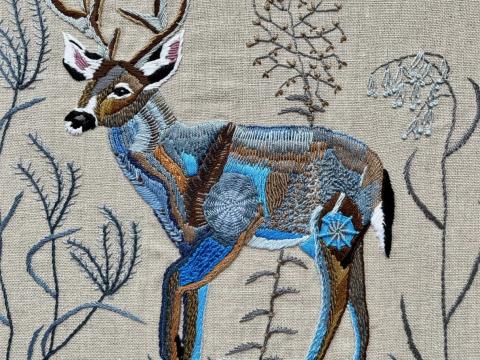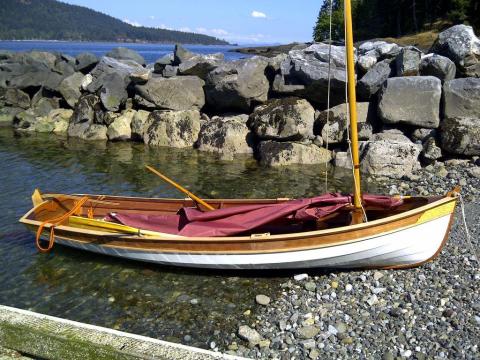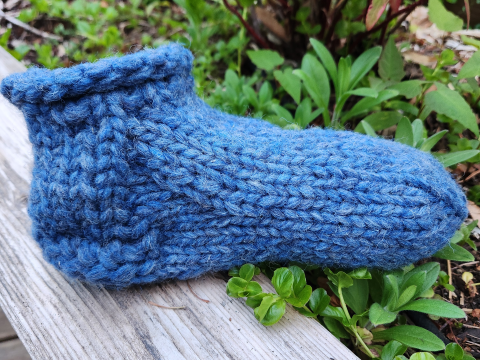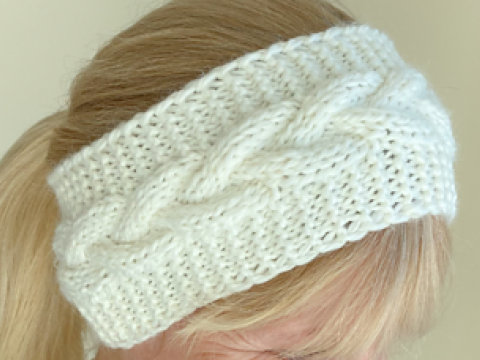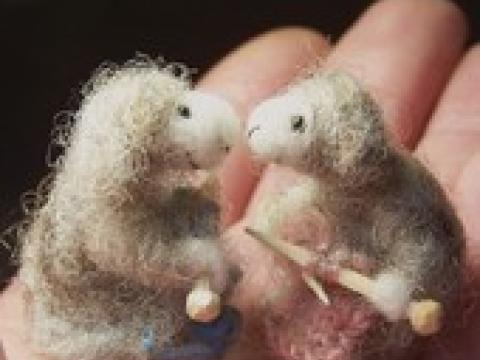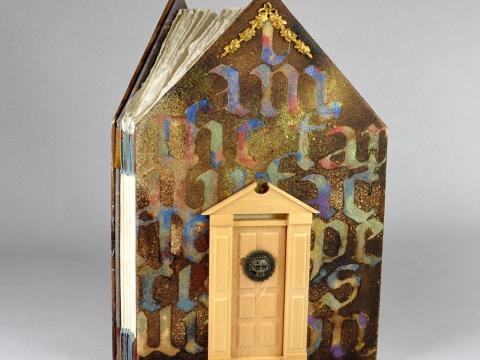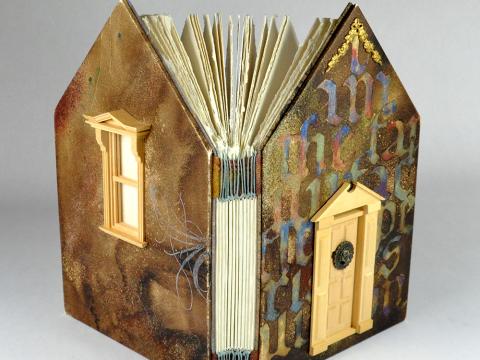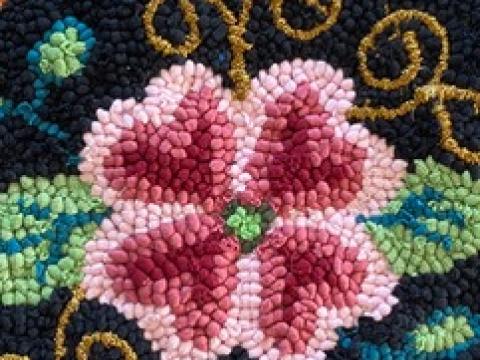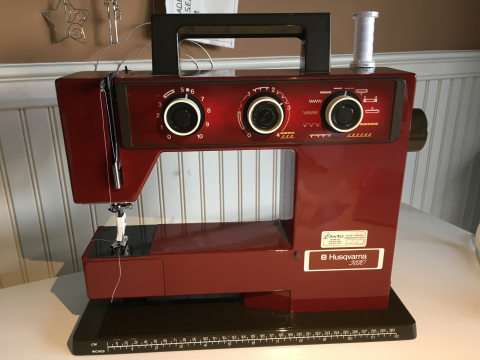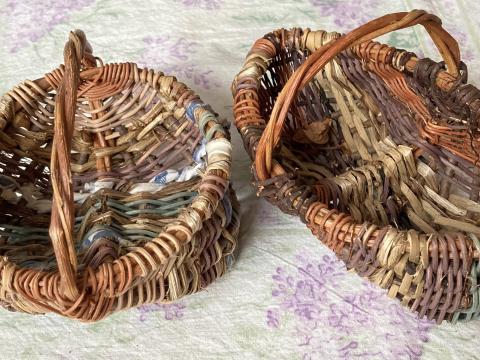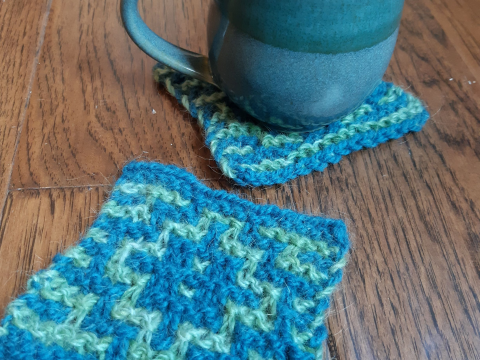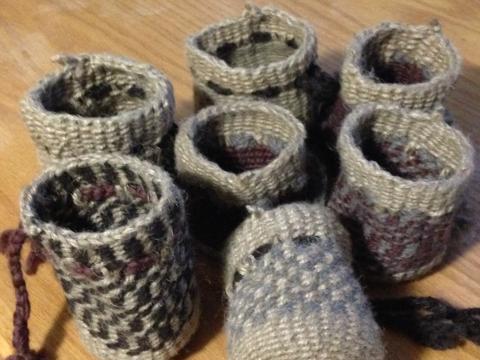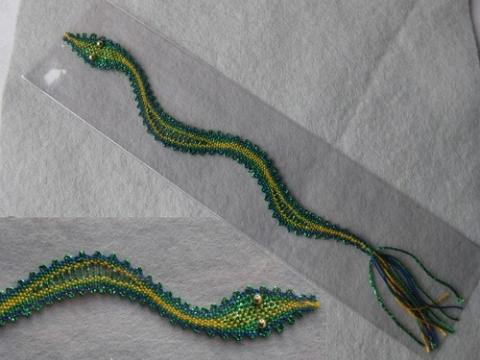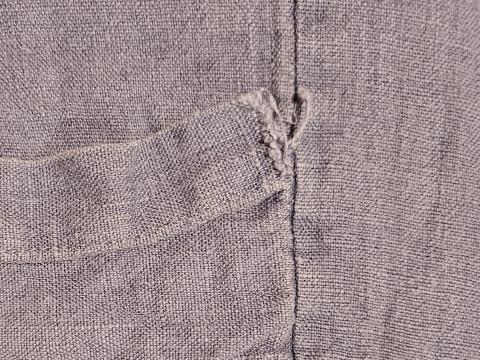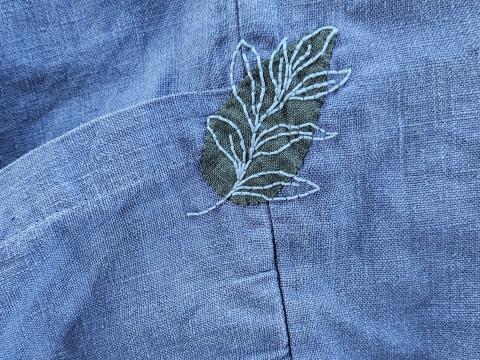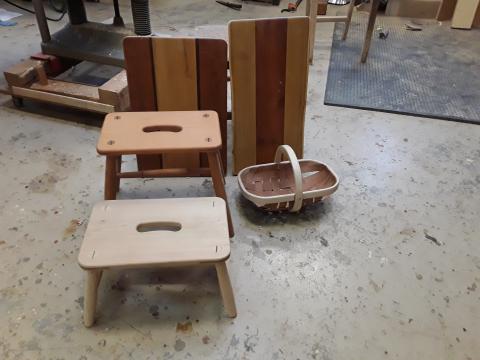Join sculptor and mixed media artist Cynthia Minden for a workshop to learn how to make tiny rib construction baskets.
Working in small scale, we will have the opportunity to make a few of these charming vessels and you’ll be able to apply these skills in a larger format later on.
Made from hoops, ribs and weaving materials, rib construction is a wonderful basketry technique which has been used for hundreds of years in a variety of adaptations, such as egg baskets, garden baskets, hen baskets and more.
Because miniature baskets are not constructed to hold a lot of weight, we can experiment with all sorts of weaving materials, including reed, natural materials, fabric, wire, paper and cordage.
You will learn two lashing techniques: one for making a mini basket with a handle and another technique to make a mini basket without a handle. Both approaches are applicable to larger work.
THIS CLASS IS NOW FULL. WAIT LIST ONLY
Course Difficulty
Beginner
Course Time
Friday morning, 9 am to 12 pm
Friday afternoon, 1 pm to 4 pm
List of materials
1. A small bucket or dish pan for soaking materials
2. An old towel
3. A notebook and pencil
4. Sharp, hand-held secateurs
5. An awl if you have one
6. A spray bottle
7. Optional: Any materials you’d like to incorporate into your basket such as fabric, wire, embellishments such as beads or any trinkets with a hole in them
I will bring hand-dyed reed, cedar for ribs, assorted materials and structural materials for hoops and handles
